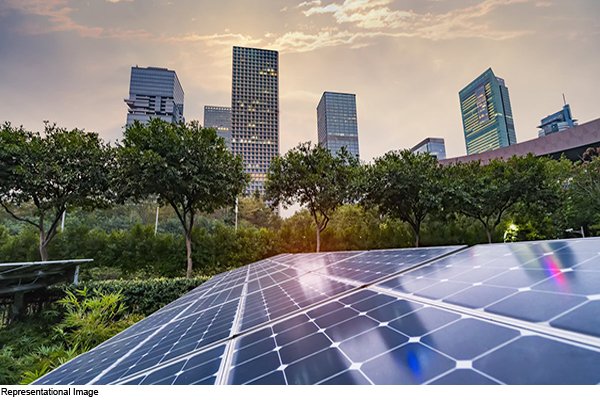In order for the Paris Agreement to limit global warming to 1.5 degrees Celsius, global annual greenhouse-gas emissions should be cut by 50 percent of the current level by 2030, and be brought to Net Zero levels by 2050.

But to achieve these goals a deep and comprehensive action is necessary. Action that must begin immediately in all sectors to create a low-emission economy. Since a growing number of companies are now committed to reaching net-zero, or net-zero emission levels, they will also be expected to show that they can directly reduce emissions by using carbon credits and appropriately offset emissions How are you planning to accomplish these goals with a mix.
Before proceeding, it is important for you to know what a carbon credit is. A carbon credit is an emission control scheme in the international industry. Carbon Credit is truly an effort to control the carbon emissions you have incurred, which have been linked to funding to encourage. Some other Asian countries, including India and China, which are currently in the development stage, benefit from this as they approach the UNFCCC (United Nations Frame Work Connection on Climate Change) to set up any business as per its norms. Can control carbon emission levels. And if you are emitting carbon below that level, then the difference between the set level and the carbon you emit will be called your carbon credit. Many industries are adopting low carbon emission technology to earn this carbon credit. This process is going to benefit the environment as well as money.
Now back to the use of companies’ carbon credits, let us tell you that voluntarily purchased carbon credits enable companies to compensate for emissions that have not yet been eliminated. This is done by financing projects that reduce or avoid emissions from other sources, or that remove greenhouse gases from the atmosphere. A large, effective voluntary carbon market will help increase the flow of capital for these projects, and in the process, will play a key role in reaching net-zero and net-negative emission targets. Recognizing the need for such a market, the Institute for International Finance (IIF), in need of a private-sector task force on scaling voluntary carbon markets, in 2020, Mark Carney – ‘Task Force on Scaling Voluntary Established Carbon Market.
The task force aims to create a blueprint for the creation of an unprecedented scale voluntary carbon market and ensure that it is transparent, verifiable, and robust.
The taskforce ran a consultation in late 2020 and finally, today has published its final report. Which states that scaling or expanding voluntary carbon markets is crucial to fight climate change. The report emphasizes the need for expansion and establishment of three things in carbon credits
• Supply of carbon credits for demand in a seamless, cost-effective, and transparent way
• Ensuring reliability in carbon credit exchanges/transactions
• Scalable to meet the growth in demand, which is measurable as most large companies are committed to achieving the 1.5 ° C ambition set by the Paris Agreement
This report also emphasizes that voluntary carbon markets should have high environmental integrity and a way to reduce any risk of negative consequences.
Most importantly, voluntary carbon markets should not disinvest or disinvest companies’ own emissions reduction efforts.
